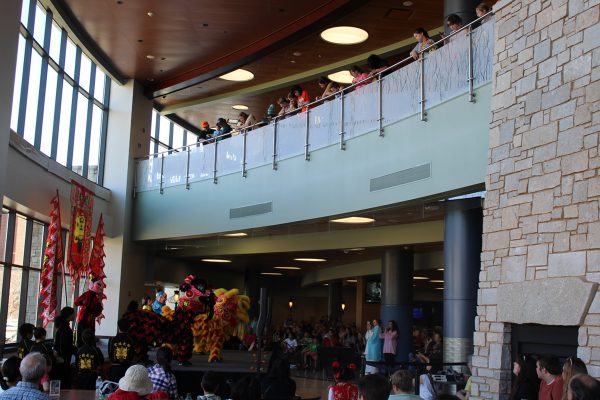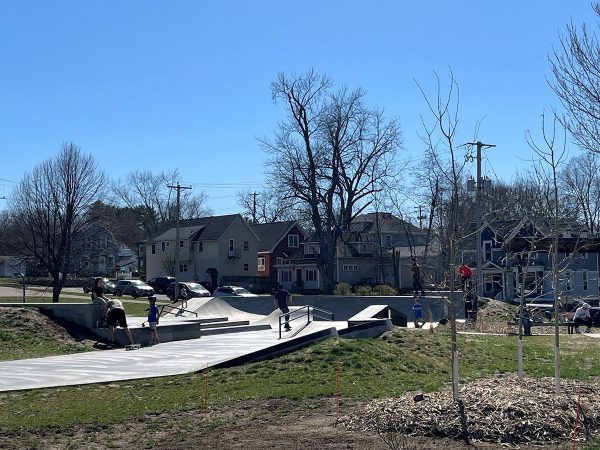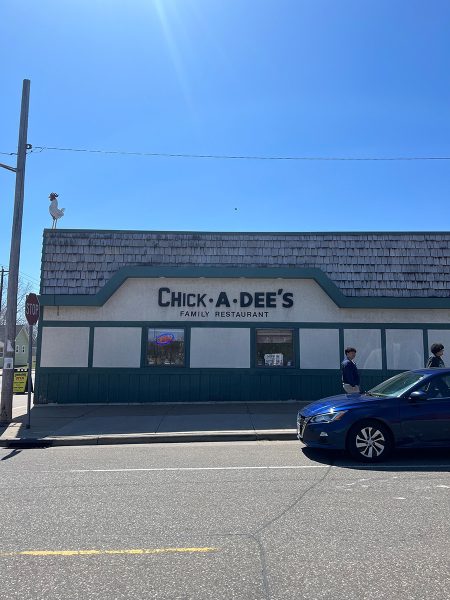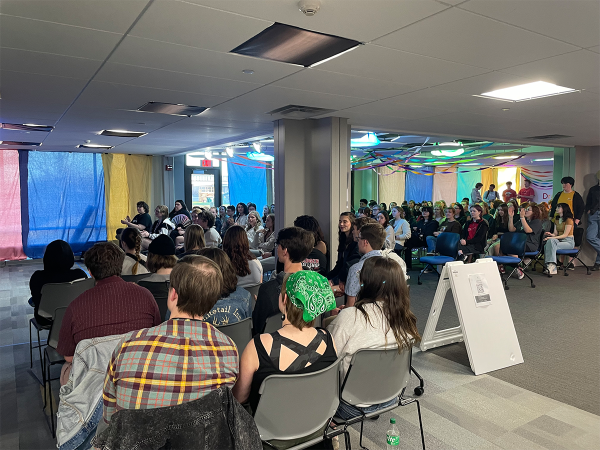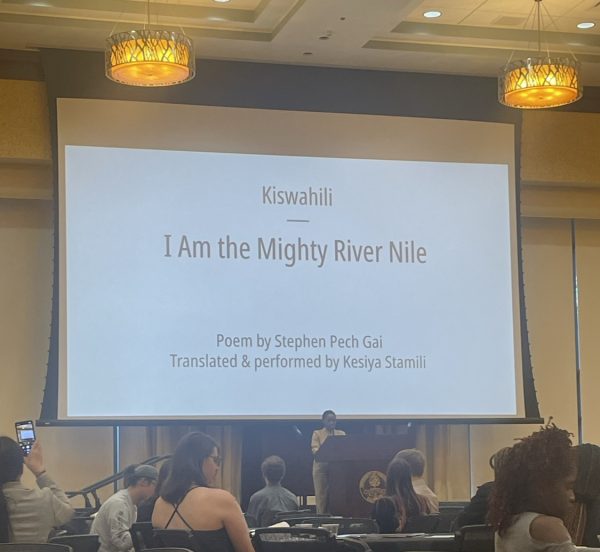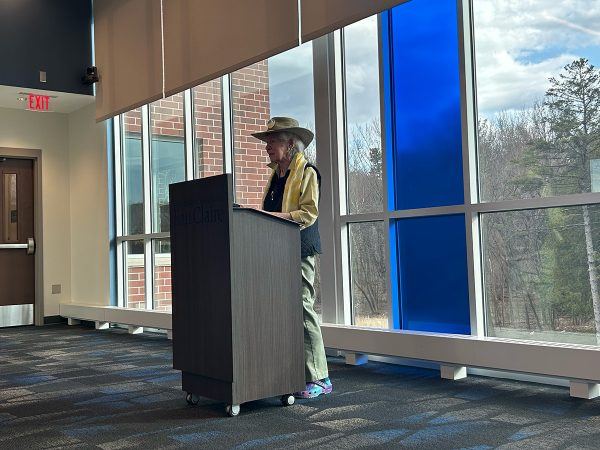Eau Claire’s place at the table
When junior Renee Papesh first started pursuing her nursing degree at UW-Eau Claire three years ago, she found herself frustrated with the closed minds of some of her younger classmates.
“I would have to stand up and say, ‘Hey, I’m on public assistance. I receive food stamps,’ and then they would say, ‘Well, you don’t look like you’d receive food stamps,’” Papesh said.
On Tuesday night, the university aired the documentary, “A Place at the Table” and held a discussion afterward. The goal of the film was to show the extent of food insecurity in the United States, while the post-film discussion proved that it’s a problem affecting not only Eau Claire residents, but university students as well.
Papesh said she challenges her classmates to realize more people than just the stereotypical person receive public assistance.
The film displays many facts about food insecurity — or not knowing where your next meal will come from. One in eight Eau Claire residents report having food hardships, according to U.S. studies specific to Eau Claire.
One concept presented in the film is food deserts. A food desert is an area of a city that doesn’t have easily accessible grocery stores. People who live in food deserts and don’t have transportation rely on convenience stores.
Associate professor of economics Thomas Kemp said there is a food desert of sorts in downtown Eau Claire. Kemp, also a former Eau Claire city council member, identifies several problems. Depending on the cause, the solution could be drastically different, he said.
“We make enough food, people need that food,” Kemp said. “How do we ensure that the food gets from being made to the people that need it? Those questions can be very complicated.”
Two major factors in making a food desert are demographics and travel distances, Kemp said. When demographics spread out, there are more large grocery stores in wealthier areas and fewer in less wealthy areas. Kemp said this has to do with insufficient demand in these areas.
Senior geography major Corrin Turkowitch was introduced to the problem of food insecurity through various classes. As she started to understand the problem better, she was shocked to learn the extent of it in Eau Claire.
“I grew up in Milwaukee, so I expected food insecurity to happen there,” Turkowitch said. “In a town of only 65,000 … I just didn’t expect it. it’s so nice, it’s such a great community. How can it happen this way?”
Turkowitch said awareness is key. She said for the most part she doesn’t think students are lazy, they simply don’t know that food insecurity is an issue in Eau Claire.

